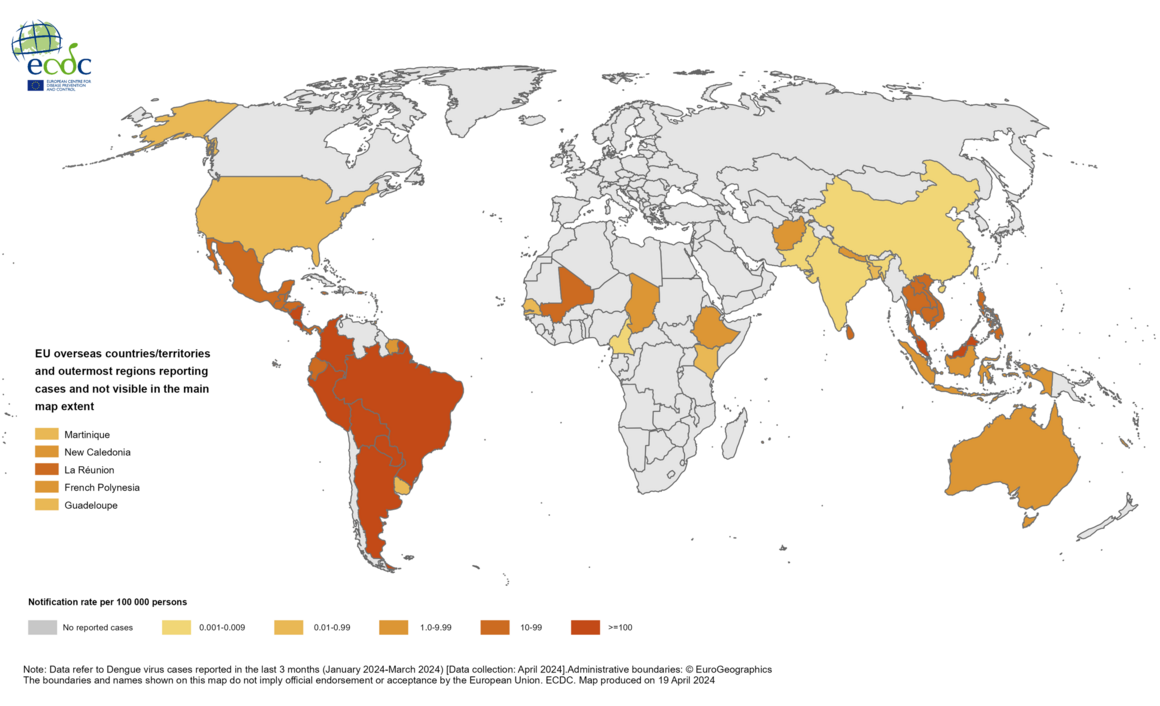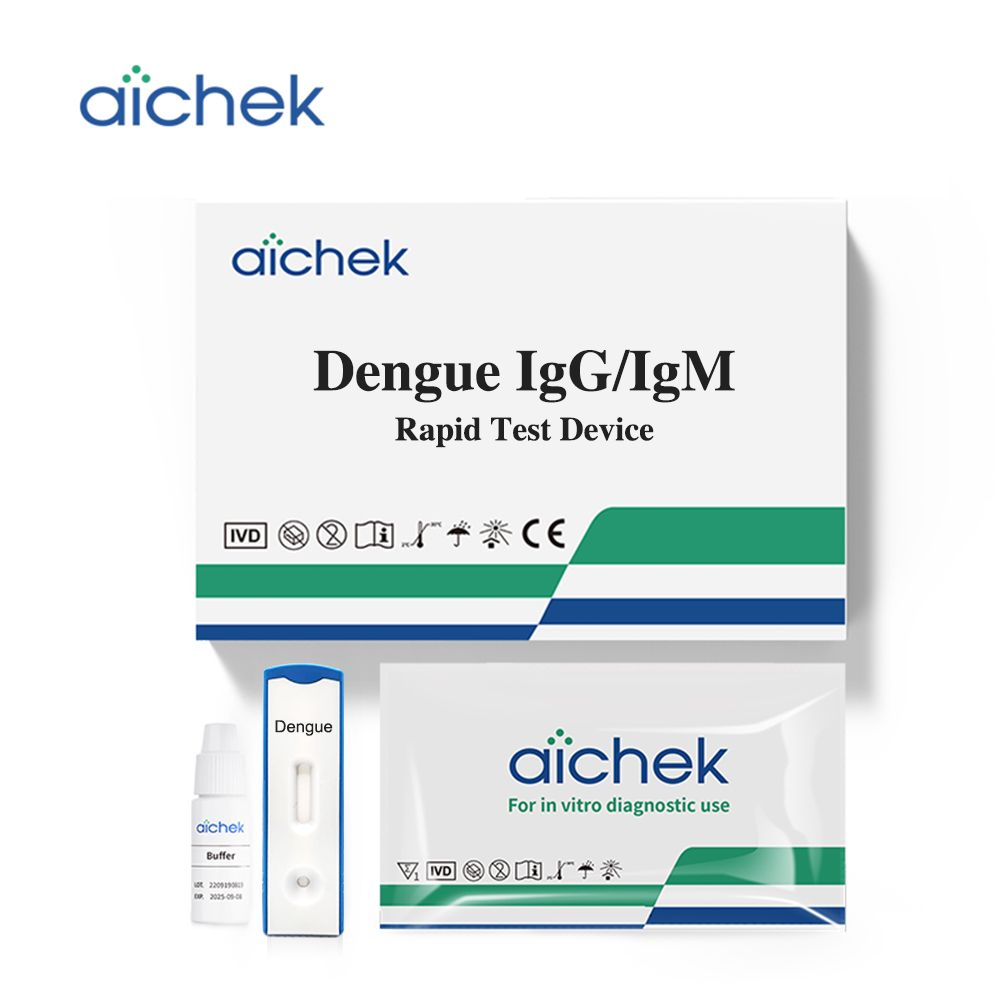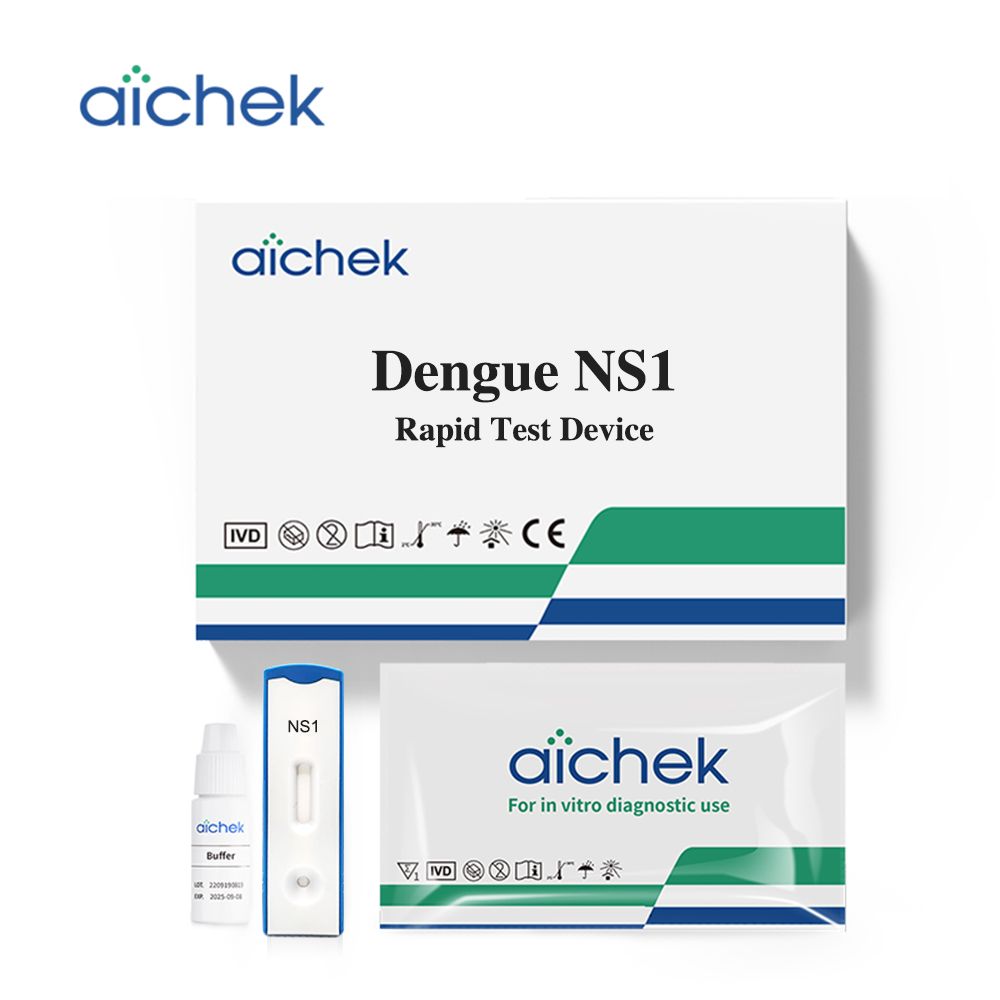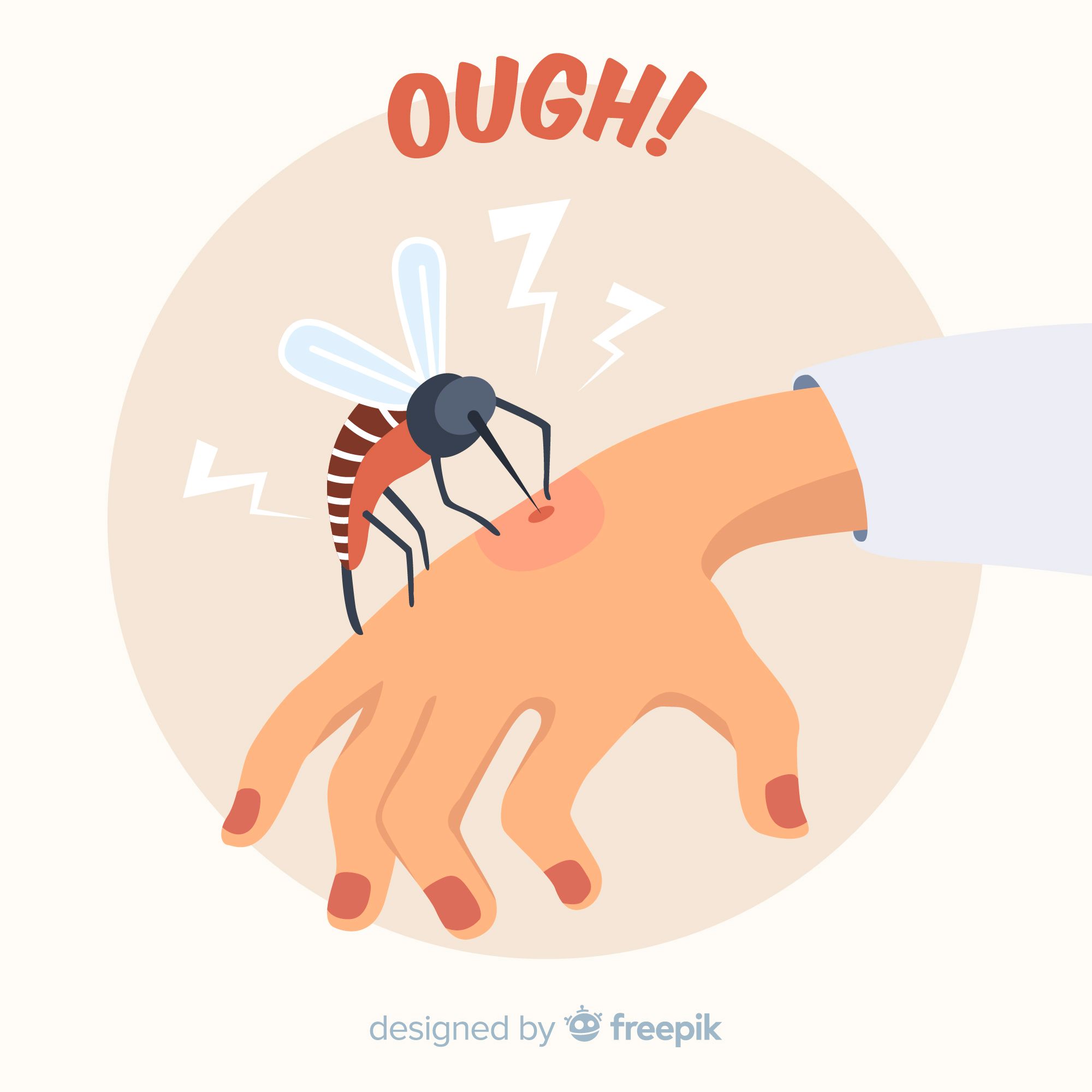
Get A Quote
Dengue fever is surging in 2024

Symptoms
High fever
Severe headache
Pain behind the eyes
Joint and muscle pain
Nausea and vomiting
Skin rash
Mild bleeding (such as nose or gum bleeding, or easy bruising)
Transmission
Detection (Laboratory Testing)
Serological Tests:
NS1 Antigen Test: Detects the presence of the dengue virus NS1 protein. It is effective within the first few days of symptom onset.
IgM and IgG Antibody Tests: Detect antibodies against the dengue virus. IgM antibodies indicate a recent infection, while IgG antibodies suggest past infection or exposure. IgM can be detected from day 4-5 post-infection and remains for about 2-3 months.


AICHEK‘s NS1 Antigen Test & IgM/IgG Antibody test (As AICHEK is one of the BIOEAST Company, our NS1 protein is from BIOEAST)
Molecular Tests:
Reverse Transcriptase-Polymerase Chain Reaction (RT-PCR): Detects viral RNA in the blood. This test is highly specific and can confirm the presence of the virus within the first week of symptoms.
Complete Blood Count (CBC):
Monitors platelet count (which typically drops in dengue), hematocrit (to detect hemoconcentration), and white blood cell count (which usually decreases).
Prevention
Using insect repellent
Wearing long-sleeved clothing and long pants
Using mosquito nets
Eliminating standing water where mosquitoes can breed (e.g., flower pots, buckets, and discarded tires)
Installing window and door screens to keep mosquitoes out
Photo from freepik.com
Treatment
Maintaining proper hydration
Taking acetaminophen (paracetamol) for fever and pain relief (avoiding aspirin or non-steroidal anti-inflammatory drugs like ibuprofen, which can increase bleeding risk)
Monitoring for severe symptoms that require hospitalization

